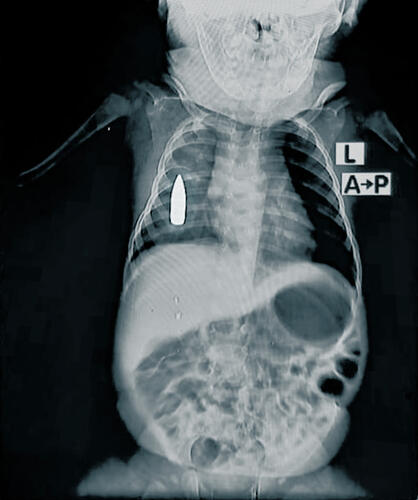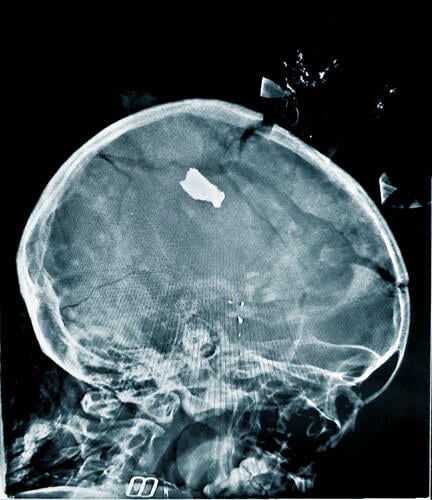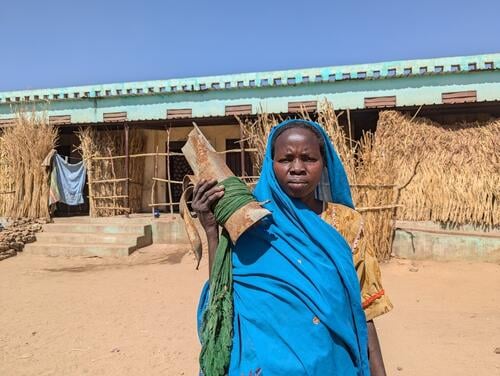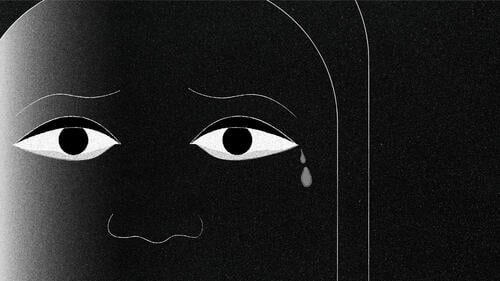- Approximately one in six war-wounded patients at Bashair Teaching hospital are children under 15 years of age.
- There is a surge in severely malnourished children arriving at the hospital.
- All warring parties must ensure the protection of civilians and delivery of medical supplies to hospitals.
Khartoum/Brussels - Approximately one in six war-wounded patients treated since January 2024 at the Bashair Teaching hospital in south Khartoum, Sudan, have been children under the age of 15 years old. Many of these children have suffered gunshot, blast, and shrapnel wounds. On top of this, doctors are concerned about the spike in children arriving at the hospital with severe malnutrition.
The lack of supplies to treat these children is a needless layer of complexity, as it is within the power of warring parties to allow supplies to reach hospitals.
Médecins Sans Frontières (MSF) teams working alongside hospital staff at Bashair Teaching hospital have treated more than 4,214 patients for trauma injuries caused by violence, including gun shots and bomb blasts, since 2024. Of these, 16 per cent were children under 15 years of age.
Bashair Teaching hospital is one of the last functioning hospitals in south Khartoum, providing emergency care, surgery, and maternity services. This care is critical for war-wounded children, like the 314 who have been treated at the hospital for gunshot and blast wounds so far in 2024.
“18-month-old baby Riyad was brought to the emergency room after a stray bullet struck his right side while he was napping in his family’s home,” says Dr Moeen*, MSF’s medical team leader. “The medical team fought for four hours to stabilise him. Due to the heavy loss of blood, the chances of him surviving the surgery were fifty-fifty.”
The team was able to stop Riyad’s bleeding, but the bullet remained lodged in his chest. It is unclear how long it will be before it can be removed. The hospital does not have advanced surgical capacities, partly because of a systematic blockage on surgical supplies that has been in place by warring parties since October 2023.
In other circumstances, patients like Riyad would be referred outside of Bashair Teaching hospital for the care they need. But even that is difficult now; transport routes have been destroyed or are far too dangerous to travel.
Deliberate blockages on the delivery of medical supplies and medicines means that basic emergency procedures, like treating severe burns, are impossible to undertake at the hospital. This is worrying as more and more people are falling victim to bomb blasts and there is not a fully functioning burn centre in Khartoum.

In late October more than 30 war wounded patients were rushed to Bashair Teaching hospital in one day following an explosion at a market less than a kilometre away. Twelve of those brought to the emergency room were children under 15 years of age. Many of these children suffered burns and trauma wounds. One girl, almost two years old, came in with shrapnel deep in her head. While the team carefully laid her on the x-ray table for examination, part of her tiny and fragile skullcap fell onto the table.
“Cases like this are common,” says Dr Moeen*. “Thankfully that little girl survived. Others are not so lucky.”
Mass casualty events like this – where a large number of patients arrive in a short span of time – have become more frequent as the fighting in the city has intensified, Dr Moeen* explains. The few hospitals that continue to function are under immense pressure and medical staff are struggling to manage all the needs.
At the same time, Bashair Teaching hospital has begun to see an increase in the number of children and pregnant women with acute malnutrition, which is life-threatening without treatment. Of the 4,186 women and children screened for malnutrition between 19 October and 8 November 2024, more than 1,500 were suffering from severe acute malnutrition and 400 were moderately malnourished.
“These figures of violence and malnutrition show the nightmare people, including children, are experiencing in Khartoum,” says Claire San Filippo, MSF’s emergency coordinator for Sudan. “Parties to the conflict must ensure civilians are protected. Medical supplies should be allowed to reach all hospitals in Sudan.”
*Names changed to protect identity.
Since the outbreak of the conflict in Sudan in April 2023, over 500,000 people have sought medical care in Médecins Sans Frontières (MSF) supported hospitals, health facilities, and mobile clinics across Sudan. MSF is supporting and working in more than 12 health facilities in conflict-afflicted areas, including in Khartoum and other sites of high intensity clashes since the beginning of the war. Between January and September 2024 MSF treated a total of 6,557 war-wounded in all our facilities in Sudan. With over 11 million people displaced, Sudan has become the largest displacement crisis in recent memory. MSF is active in 11 of 18 states to deliver free medical care to the people who need it most.






